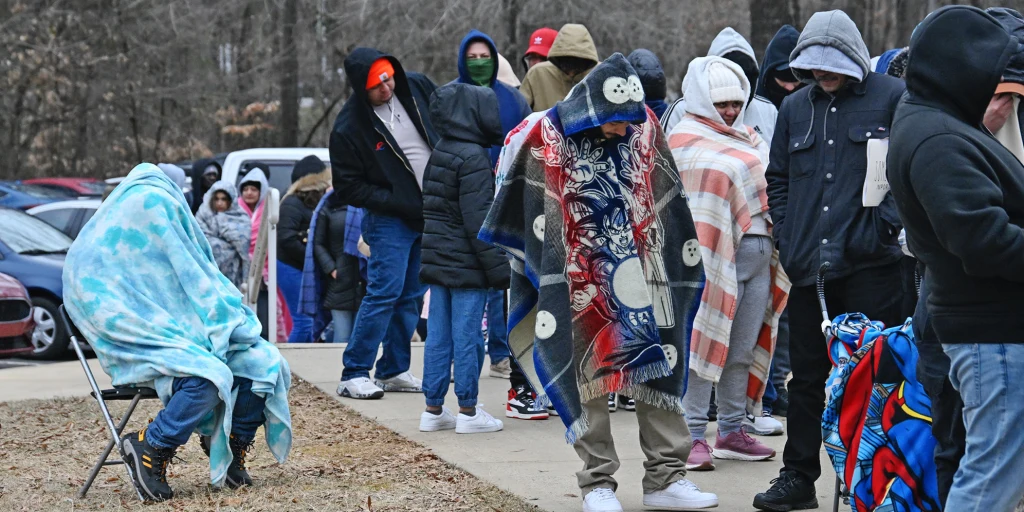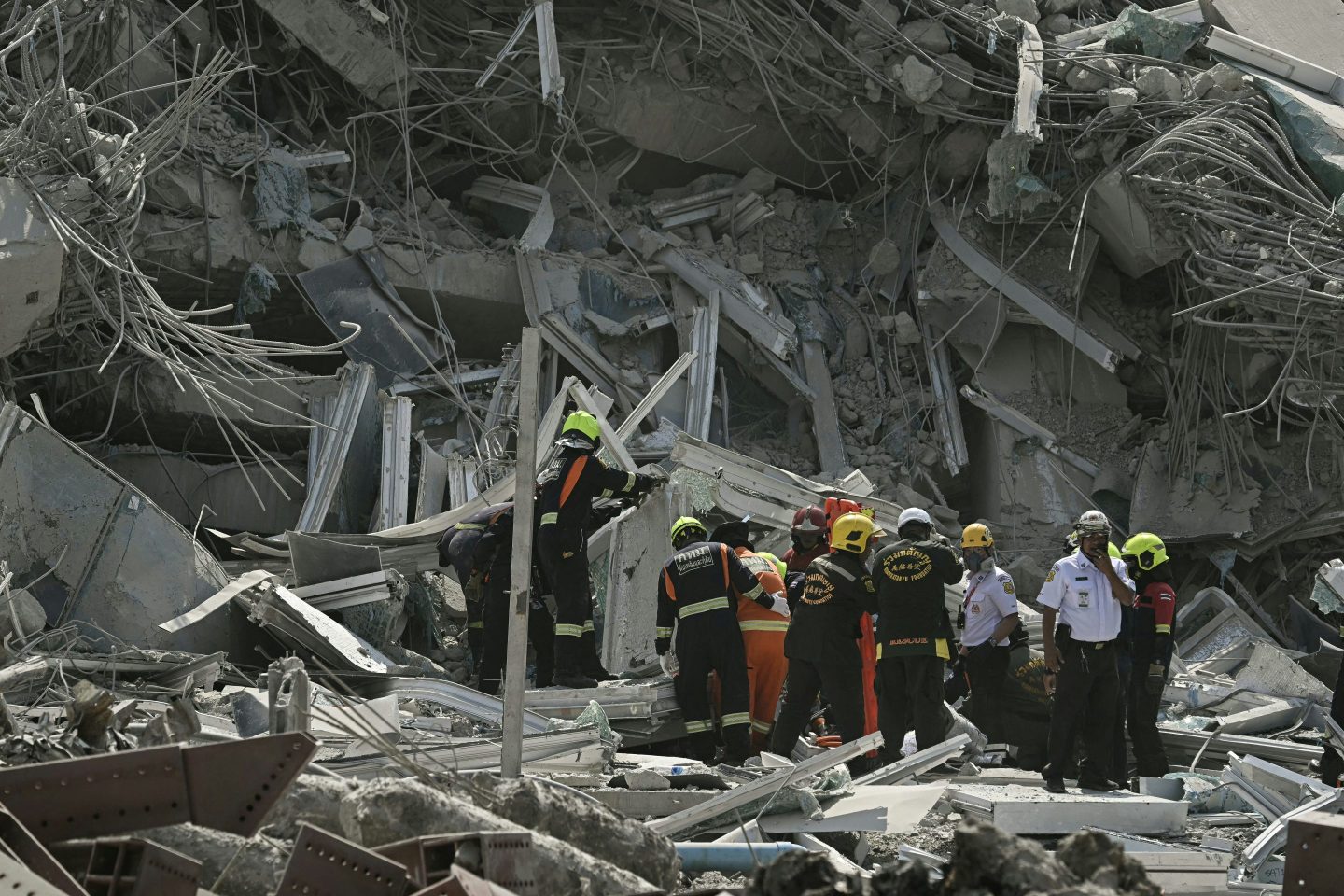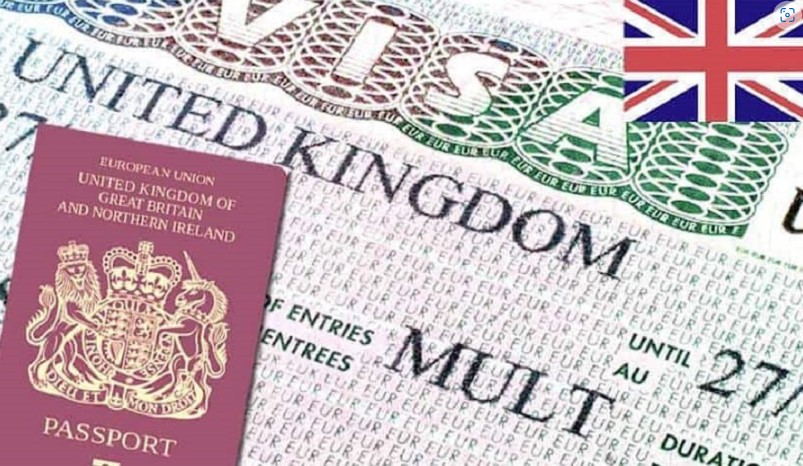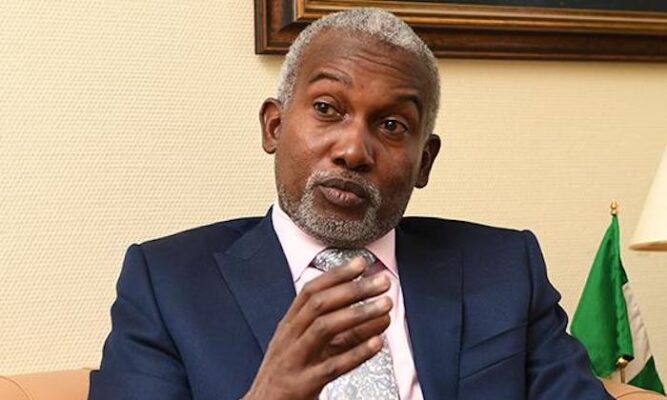U.S. immigration officials now have the authority to detain individuals in schools, churches, and hospitals after the Trump administration reversed previous policies that considered these spaces off-limits for enforcement actions.
This new policy concludes over ten years of protection for these “sensitive areas.”
The Department of Homeland Security, which includes Immigration and Customs Enforcement and Customs and Border Protection, released a statement highlighting the necessity of removing locations where individuals might escape being apprehended.
“Criminals will no longer be able to conceal themselves in America’s schools and churches to evade arrest.” “The Trump Administration will not restrict the actions of our courageous law enforcement and instead relies on their ability to use sound judgment,” the statement read, as cited by the foreign news outlet, the Guardian, on Tuesday.
The new guideline, announced by Acting DHS Secretary Benjamine Huffman, also reinstates the authority for expedited removals on a national scale.
With this policy, ICE is granted the power to swiftly deport undocumented individuals who are unable to demonstrate that they have continuously lived in the United States for more than two years. The modifications are part of a larger enforcement initiative on immigration by the Trump administration.
Recently, the president enacted several executive orders, which include actions to suspend the refugee admissions program, restrict access to an app that facilitates entry into the US, and enhance collaboration between ICE and local authorities.
As a component of this initiative, ICE agents are poised to undertake nationwide operations aimed at apprehending and deporting undocumented individuals.
Tom Homan, Trump’s border enforcement head, affirmed in an interview that these actions would commence immediately, indicating that ICE officers nationwide would be proactively enforcing immigration regulations.
Advocacy organizations have raised significant objections to the newly implemented policies. The Center for Law and Social Policy cautioned about serious consequences for immigrant families, especially those with children who are US citizens.
The organization voiced concerns that these changes could discourage families from accessing medical services, emergency assistance, and educational opportunities, potentially leading to children experiencing distressing encounters with immigration authorities.
Religious leaders have also condemned the policy. In a sermon during a prayer service, the Episcopal bishop of Washington called on the administration to extend compassion to immigrants and vulnerable groups.




